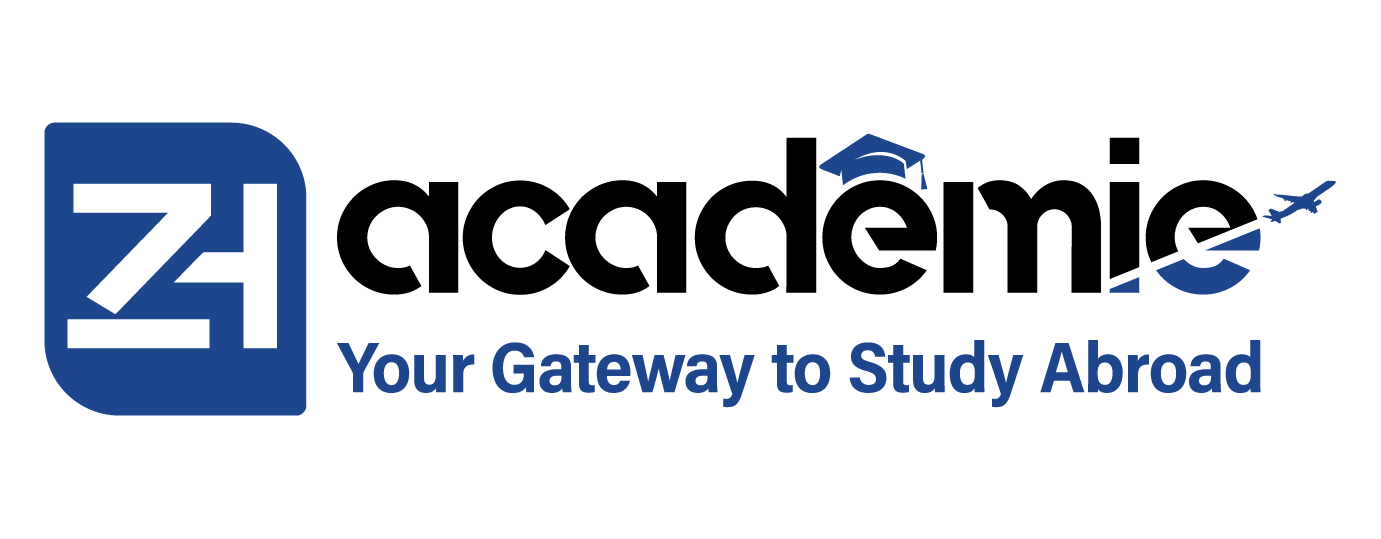Harvard University has announced an exciting development for prospective undergraduates: families who earn under $100,000 annually will now have all major educational expenses covered, including tuition, housing, meals, health insurance, and even travel. This update is part of Harvard’s ongoing commitment to need-based financial aid, ensuring that economic background is never a barrier to receiving a world-class education. Below, we break down the essentials of this policy change, focusing on how international students can benefit, what the eligibility criteria are, and the application steps you need to follow.
1. Harvard’s Financial Aid Overview
Harvard’s financial aid is need-based, meaning the university carefully reviews each admitted student’s financial resources—family income, assets, and unique circumstances—to determine how much support they will provide. Thanks to endowment funds and generous donations, a large portion of Harvard’s undergraduates receive substantial financial aid.
No Loans in Standard Packages: Harvard typically does not include loans in its aid packages, opting instead for scholarships and grants.
Guaranteed Full Coverage Below $100,000: Under this update, families who meet the income threshold can expect full coverage of tuition, housing, meals, health insurance, and even travel-related costs for the student.
2. Eligibility and Benefits for International Students
One of the major advantages of Harvard’s financial aid structure is that international applicants receive the same consideration as U.S. citizens. This means families outside the United States with incomes under $100,000 also qualify for full coverage, subject to standard documentation and verification.
For specific details on how international aid is assessed, see International Applicants Financial Aid.
Why This Matters for Non-U.S. Students
No Separate Application Pathway: The documents required may differ slightly (e.g., no FAFSA for most international students), but the need assessment process mirrors that of U.S. applicants.
Equal Access to Funding: International students are not disadvantaged in the financial aid process.
3. Understanding Your Financial Aid Award
Harvard’s commitment to “need-blind” admissions means that your family’s financial status will not affect your acceptance. Once admitted, your financial aid award is determined by a careful evaluation of your financial data. For international students, this can include foreign tax returns, proof of income, or bank statements translated into English.
To see how Harvard calculates your final aid package, review Understanding Your Financial Aid Award (International Students).
Covered Expenses for Eligible Families
Travel – Reasonable transportation expenses can be covered, helping international students reach campus.
Tuition – Fully waived for those under $100,000/year.
Housing and Meals – Both on-campus living costs and a standard meal plan.
Health Insurance – Harvard’s Student Health Insurance Plan is included.
4. Applying for Financial Aid: Step-by-Step
All prospective students (U.S. and international) must file certain documents to be considered for need-based assistance. While U.S. students typically submit the FAFSA in addition to other forms, international students have a slightly different checklist:
4.1. CSS Profile
- What It Is: A detailed financial aid application administered by the College Board.
- Who Needs It: Nearly all students—domestic and international—seeking institutional aid from Harvard.
- Important Tip: Submit the CSS Profile by the required deadline (often in November for Early Action, and in February for Regular Decision).
4.2. IDOC Packet
- What It Is: The College Board’s Institutional Documentation Service (IDOC) securely collects families’ tax returns, wage statements, and other proof of income.
- How It Works: After completing the CSS Profile, you may receive an IDOC request. Simply upload or mail in the required documents.
- Why It Matters: Harvard’s Financial Aid Office uses these verified documents to precisely calculate your financial need.
4.3. Additional Materials
Asset Details: Investments, real estate holdings, or other assets should be disclosed accurately, ensuring you receive the correct amount of assistance.
Verification of Income: You may need official statements (in English or accompanied by certified translations) showing wages, tax details, or business income.
5. Actionable Tips for a Smooth Application
Start Early
- International mail and document translation can take time, so begin your financial aid forms as soon as possible.
Be Thorough and Accurate
- Incomplete or incorrect forms can delay award decisions or result in an inaccurate assessment of need.
Keep Deadlines in Mind
- Harvard has specific financial aid deadlines depending on Early Action or Regular Decision cycles.
Stay Organized
- Make copies of all documents, especially foreign tax returns and translations, for your records.
Communicate Changes
- If your family’s financial situation changes (e.g., job loss, natural disasters affecting income), notify the Financial Aid Office. They may adjust your aid accordingly.
6. Conclusion
Harvard University’s new policy of full coverage for families earning under $100,000 ushers in a new era of accessibility for talented students worldwide. International students stand to benefit immensely from this, enjoying the same generous aid, rigorous academics, and unparalleled global network as their U.S. counterparts.
If Harvard is on your radar, it’s crucial to familiarize yourself with the financial aid process early and submit all required documents on time. With the CSS Profile, IDOC Packet, and clear communication with the Financial Aid Office, you can ensure a strong application for the funding you deserve.
For more information or to begin your application, visit:
- Harvard Financial Aid Overview
- International Applicants Financial Aid
- Understanding Your Financial Aid Award (International Students)
- Applying for Financial Aid
With these resources and insights at your fingertips, you’ll be well on your way to taking full advantage of Harvard’s updated financial aid policies—and starting an unforgettable journey toward academic and personal growth. Good luck on your path to Harvard!


